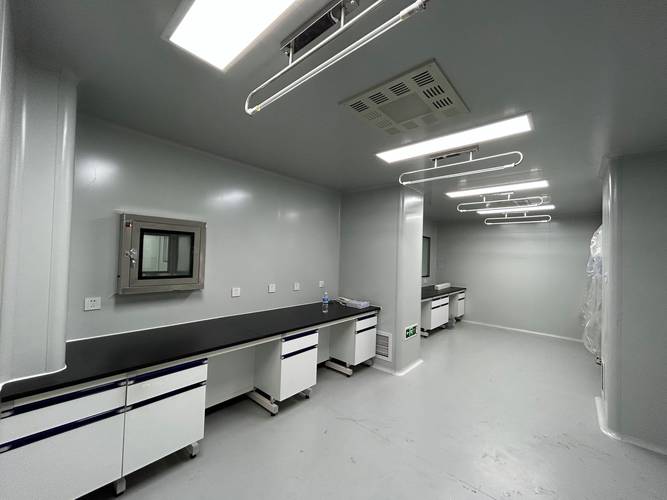Title: "Guardians of Health: Preventive Measures Against AIDS"
In the intricate tapestry of global health challenges, AIDS (Acquired Immune Deficiency Syndrome) stands as a poignant reminder of the importance of preventive healthcare. Caused by the HIV (Human Immunodeficiency Virus) virus, AIDS weakens the immune system, leaving individuals vulnerable to life-threatening infections and diseases. Despite significant strides in treatment and awareness, the stigma surrounding AIDS and the lack of comprehensive preventive strategies continue to pose formidable barriers. This essay delves into the crucial preventive measures against AIDS, emphasizing the collective responsibility of societies to curb its spread and foster a culture of health and understanding.

Education: The First Line of Defense
Education is the cornerstone of any effective prevention strategy. It empowers individuals with knowledge, enabling them to make informed choices and adopt behaviors that minimize their risk of HIV infection. Comprehensive sex education, which includes discussions on safe sex practices, the use of condoms, and the importance of monogamy, is vital. Additionally, educating individuals about the routes of HIV transmission—such as through unprotected sex, contaminated blood transfusions, and from mother to child during pregnancy or breastfeeding—can dispel myths and reduce stigma. Schools, communities, and health organizations must collaborate to ensure that accurate information reaches every corner of society.
Access to Testing and Early Diagnosis
Timely access to HIV testing is another pivotal aspect of prevention. Early diagnosis allows for prompt initiation of antiretroviral therapy (ART), which can suppress the virus to undetectable levels, thereby preventing transmission. Universal access to HIV testing services, coupled with confidentiality and non-discriminatory treatment, encourages more people to get tested. Furthermore, regular testing among high-risk groups, such as sex workers, intravenous drug users, and men who have sex with men, is crucial for identifying new cases swiftly and linking them to care.
Promoting Safe Practices
Promoting safe sex and harm reduction practices is indispensable. Condom use remains one of the most effective barriers against sexually transmitted infections, including HIV. Encouraging open communication about sexual health and providing easy access to condoms in public places like pharmacies, universities, and workplaces can significantly contribute to reducing transmission rates. For drug users, promoting clean needle programs and education on safer injection practices is vital. Additionally, supporting and advocating for decriminalization of drug use can reduce the associated risks by driving users towards health services rather than pushing them into dangerous, hidden environments.
Addressing Stigma and Discrimination

Stigma and discrimination are significant barriers to HIV prevention, testing, and treatment. They foster silence and shame, discouraging individuals from seeking help and disclosing their status. Combating these attitudes requires a multifaceted approach involving community engagement, media campaigns, and policy advocacy. Celebrities, public figures, and community leaders can play a pivotal role by openly discussing their HIV status and advocating for inclusive societies. Moreover, legal frameworks must protect the rights of HIV-positive individuals, ensuring they face no discrimination in employment, healthcare, or education.
Conclusion: A Shared Responsibility
Preventing AIDS is not just a medical challenge but a societal one, requiring the concerted efforts of governments, health organizations, communities, and individuals. By prioritizing education, ensuring access to testing and early diagnosis, promoting safe practices, and addressing stigma, we can collectively build a resilient shield against HIV. The journey towards an AIDS-free generation is challenging but achievable, provided we remain vigilant, compassionate, and united in our commitment to health and well-being. As guardians of health, let us strive for a world where every individual has the knowledge, resources, and support needed to protect themselves and others from this devastating disease.
当人体细胞不幸遭遇HIV病毒的侵袭,这些细胞会被转变为病毒复制的“生产基地”。从这个“生产基地”源源不断产出的病毒,会继续寻找并感染其他健康细胞,将这些细胞也转变为更多的病毒制造中心。这一过程以惊人的指数速度增长,形成连锁反应。因此,及早发现并阻止这些“生产基地”的建立,对于控制病情发展、延长患者生命至关重要。HIV DNA载量(即“生产基地”的数量)较高的个体,其病情往往迅速恶化,进展更为严重。
若您存在感染HIV的风险,建议选择HIV核酸检测作为检测手段。尽管其费用略高于抗原抗体检测,但其窗口期仅为7天,相较于后者可提前半个月至一个月发现感染,这段宝贵的时间对于后续的治疗与病情控制具有不可估量的价值。一旦确诊,早期治疗不仅能大幅节省医疗费用,还能更有效地控制病情,提升生活质量,延长生存时间。
艾测网提供的HIV核酸检测服务,由国内顶尖的大型实验室担纲,而非小型普通实验室。我们拥有尖端的检测设备和专业的技术团队,检测量大、出结果快,性价比优越。更重要的是,我们尊重并保护每一位客户的个人隐私,无需实名制即可进行检测。选择艾测网,让您的健康检测更加安心、便捷。



